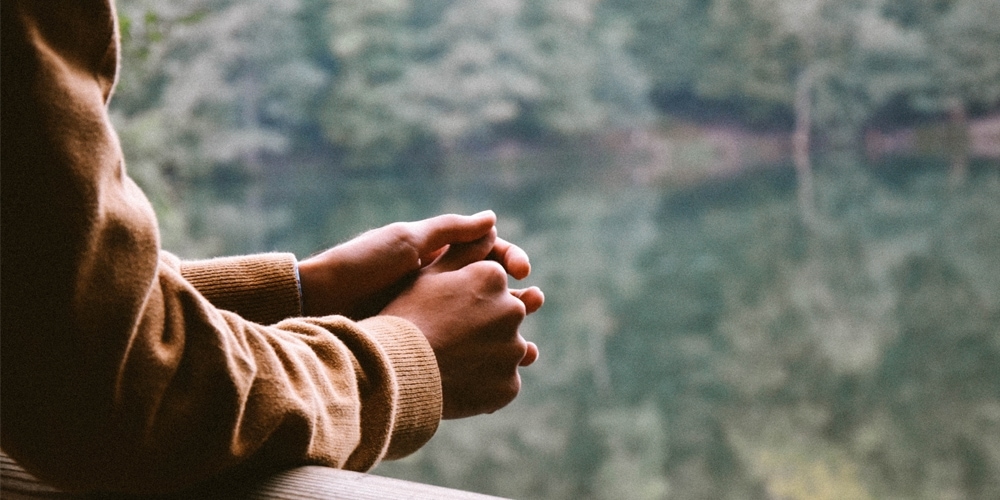
A recent Washington Post article spoke of a phenomenon in New York City associated with the Coronavirus.* People are leaving. And they aren’t just leaving to escape the virus, they’re leaving for good. The article referred to it as the “Great Reassessment,” perhaps trying to link it to occurrences in the past when many people had similar epiphanies resulting in the same action.
Two Types of Movers
In the case of New Yorkers, they fell into two groups. One group moved to the country or back to rural locations where they grew up. They moved out of the city because of the virus, with all intentions of returning. But after they’d lived in their new location for six-plus weeks, they realized the city no longer held them captive. These are the people who moved to New York City like a moth to the lamplight, attracted by the city-that-never-sleeps, busy streets, masses of people, and the noise and bustle of continuous life. But when the city went silent and they experienced the quiet and solitude of the suburbs and rural outposts, they realized that maybe this was more what they wanted after all.
Now, we could expound on city versus country life, but that is fodder for another article. I want to focus on the second group. These are the people who came to New York City looking for a job, following a dream. These are the musicians, artisans, dancers, and actors expecting to be “discovered.” They had stars in their eyes—the reflection of the lights of Broadway and the concert hall stage. But Broadway went dark. The concert halls closed. The opportunities and auditions disappeared. Suddenly, they realized they’d lived in the city for two, five, or even 10 years, in a 400-square-foot walk-up apartment with no benefits of a place to even do their laundry, paying thousands of dollars per month in rent, and were no closer to their dream than when they first arrived. Working at waiting tables or standing behind a shop counter, all of which suddenly closed their doors, they asked themselves, “Why am I here?”
Not a New Question
The Bible has two familiar stories that ask the same question—one from a heavy dose of reality, and the other from discouraging circumstances. The prodigal son leaves his father’s home—a home of privilege with servants, food, and comfort—to find his way. Set on the high life, accomplishing great things, he takes his life’s inheritance and sets out for the city. Later, sitting among pigs, his earnings gone, his dream still just that—a dream—he asks, not unlike those in New York City, “What am I doing here?”
Elijah has just come off a triumphant victory for God. The priests of Baal have been killed, God has once again been placed foremost in the hearts of His people, and Elijah has run something like 20 miles ahead of Ahab’s chariot through the pouring rain. Truly a victory! But a message from Jezebel strikes a fearful chord in his heart, and he runs again. This time not for God, but away from God’s mission. He runs for days into the wilderness, eventually finding himself in a cave, exhausted, spent, and disheartened. And then the question comes not from Elijah, but from God Himself: “What doest thou here, Elijah?” (1 Kings 19:9, KJV).
What, indeed! A mighty prophet of Israel hiding in a cave, wondering why he ever did what he did, contemplating whether any of it has any value. Elijah has no good answer for God. He only rehearses his list of grievances, doubts, and misgivings. He doesn’t tell God this once, he tells Him twice. Even after God’s show of power in wind, earthquake, and fire, Elijah sticks to his response.
Discouragement Can Alter Focus
John Andrews and John Loughborough were talented young men in the fledging Adventist movement. They were evangelists and leaders who supported James and Ellen White and others as the small movement began to grow. But hardship, discouragement, and family issues got in the way, and they drifted to Waukon, Iowa, where they settled down as farmers and small businessmen, far away from the gospel work they’d been doing.
Alarmed, Ellen urged her husband that they needed to go see the young men and their families. Setting out in the dead of winter traveling from Michigan across a snowy plain in an open sleigh, they drove to Waukon. Part of the journey included crossing the Mississippi River where it was cold enough for ice, but no one was certain it had been cold long enough to support a laden-down horse and sleigh. Determined, Ellen pressed the driver on through the slushy snow-covered ice. As they pulled into Waukon, surprising the residents on that cold winter day, her first words to John Loughborough were, “What doest thou here, Elijah?”
What About Us?
Perhaps all affected by COVID circumstances need to ask ourselves the same question. Perhaps the Washington Post’s label of the “Great Reassessment” isn’t too far off the mark. Like the prodigal son in his pigsty, Elijah in his cave, or the New Yorker in their 400-square-foot walk-up, we need to ask, “What am I doing here?” or better yet, “Am I where God wants me to be?”
We are told that when this is all over, there will be a new normal—a new way of doing things. Greetings will be different; spaces utilized differently; community gatherings will think twice about how to place the chairs. Hand sanitizer will be in everyone’s pocket. And maybe a mask will hang from our ears continually at the ready. But the bigger question about this new normal is “Where will you be?” “What will you be doing? And “Is it what God wants you to do?”
“What doest thou here?”
Merle Poirier is operations manager for Adventist Review Ministries.
*The Washington Post, May 26, 2020.